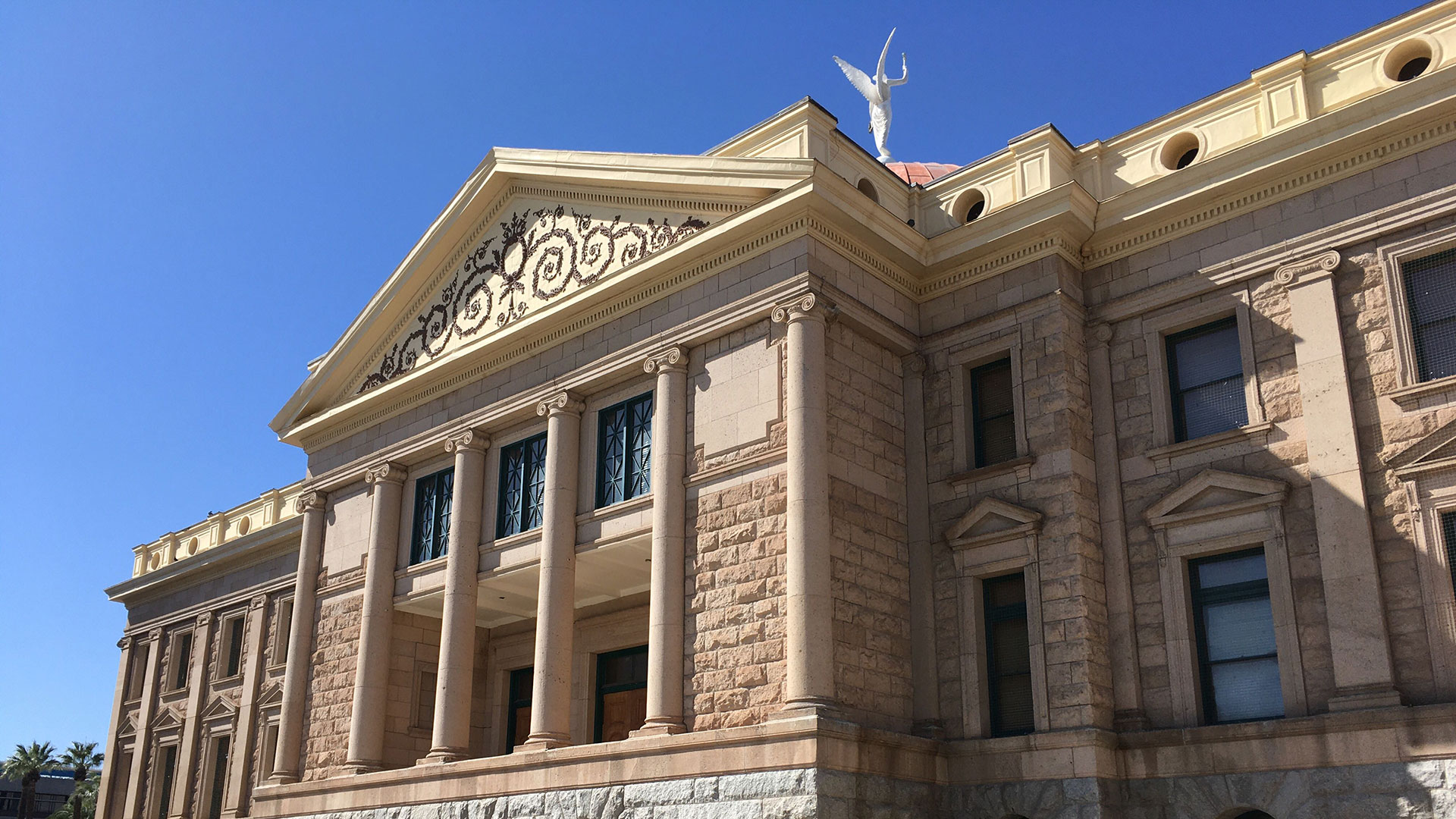 The Arizona state Capitol on March 3, 2020.
The Arizona state Capitol on March 3, 2020.
The Arizona House Health and Human Services Committee voted down a bill that would create restrictions regarding the licensure, oversight, and regulation of sober living homes.
The bill would institute several new regulations like increased civil penalties if healthcare statutes are violated, require fingerprint clearance and background checks of facility employees, and notify families when their loved one arrives at a home for care.
But many, like Carly Fleege with the Arizona Department of Health Services, were concerned the bill would create more punitive measures for mental health illnesses.
“A civil monetary penalty is not a criminal sanction,” she said. “It is a tool to achieve compliance and when it is not possible and noncompliance is of such a nature that public health and safety can no longer be protected, our ultimate tool is to revoke the state's permission to do business.”
The department also said it would duplicate licenses that are already tasked to behavioral health services and that it is unclear how much the new requirements would cost.
“It's unclear how it would work in practice,” Fleege said. “It seems a hospital would operate under its hospital license as well as the newly created (behavioral health examiners) license based on the language of the bill. They would be subjected to two sets of penalties against each of their licenses.”
Others said that increased oversight like 24/7 care would demolish the industry.
“The provision requiring two paid staff to six residents 24/7 will literally close down 100% of our sober living homes,” Salvation Army Metro Phoenix Advisory Board Member Jeff Taylor said. “It is unattainable financially, not even close.”
Republican Senate President Warren Petersen spoke in support of the bill, which Democratic Senator Theresa Hatathlie–who is a member of the Navajo tribe–proposed.
“If you're going to take advantage of vulnerable people, and you're going to be part of a grift and you're going to be out there not helping anybody, you're hurting people. And you're driving a Lamborghini, you're going to be out of business,” Petersen said.
But most committee members, including Democratic Representative Sarah Liguori, said the bill was tackling too much.
“How we got here is lack of oversight and manipulation of the system itself,” Ligouri said. “So reviewing this policy, I believe the legislative response may be too broad-sweeping.”
The bill’s proposal comes after the state announced an investigation into fraudulent sober living homes last year. Those facilities billed Arizona's Medicaid program for services they don’t provide.
Hatathlie said that while similar bills are making their way through the legislature, “only a small portion of the issue is being addressed.”
“Even though these bills are moving forward with some other individuals' names, I can safely say that the language is my language that was knowingly provided.”

By submitting your comments, you hereby give AZPM the right to post your comments and potentially use them in any other form of media operated by this institution.